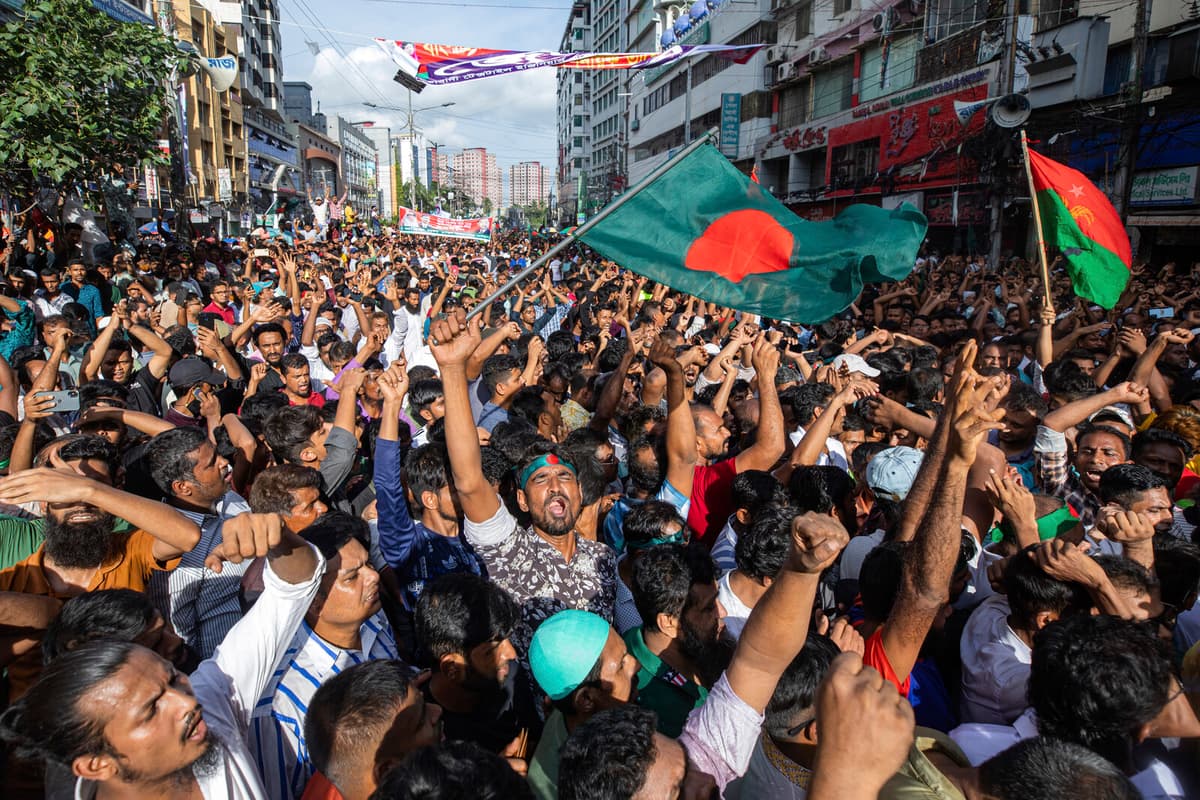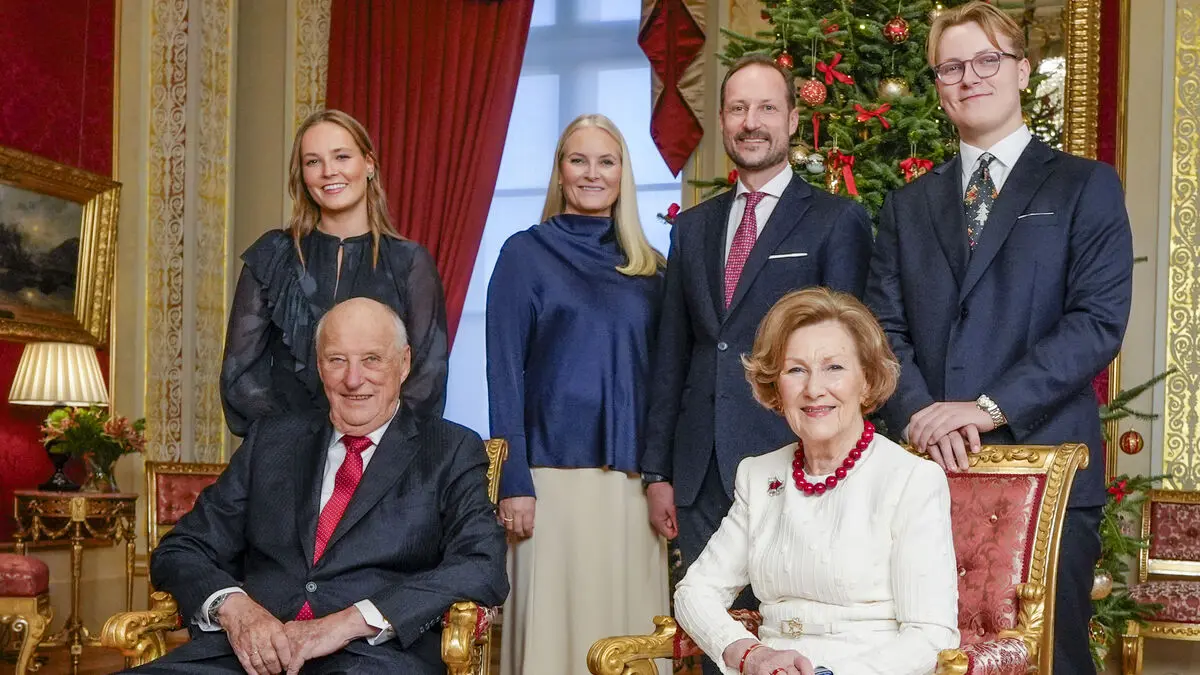According to Türk, UN investigators have found signs of extrajudicial executions, including arbitrary arrests and torture. Bangladesh's then government, under the leadership of long-time Prime Minister Sheikh Hasina, is said to have been involved in the actions and given the green light.
That hundreds of people were killed in the dramatic protests has been known since before, but that as many as 1,400 lost their lives is news.
Most of them were shot dead by security forces, says Türk to journalists in Geneva.
It was last summer that discontent with a quota system for jobs in the public sector, which was seen as favoring supporters of Hasina's party, began to surface. Student-led protests broke out, primarily in the capital Dhaka, and quickly turned deadly.
In early August, Sheikh Hasina resigned and fled to India. The UN investigation, which is now being presented, is based on over 230 interviews with victims, witnesses, and leaders from civil society, as well as reviewed documents and images. It was conducted at the invitation of Bangladesh's interim leader, Nobel Peace Prize winner Muhammad Yunus.
The 77-year-old Hasina is being investigated for murder in her home country. She has avoided arrest by staying in exile in India.






